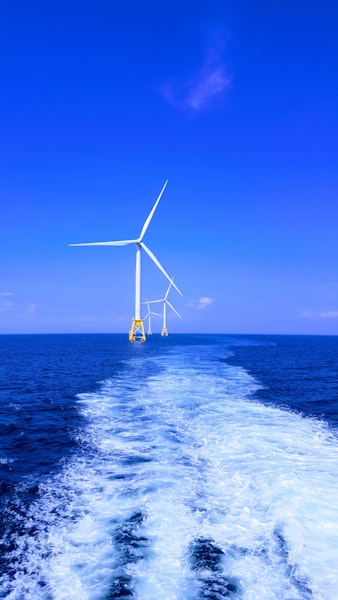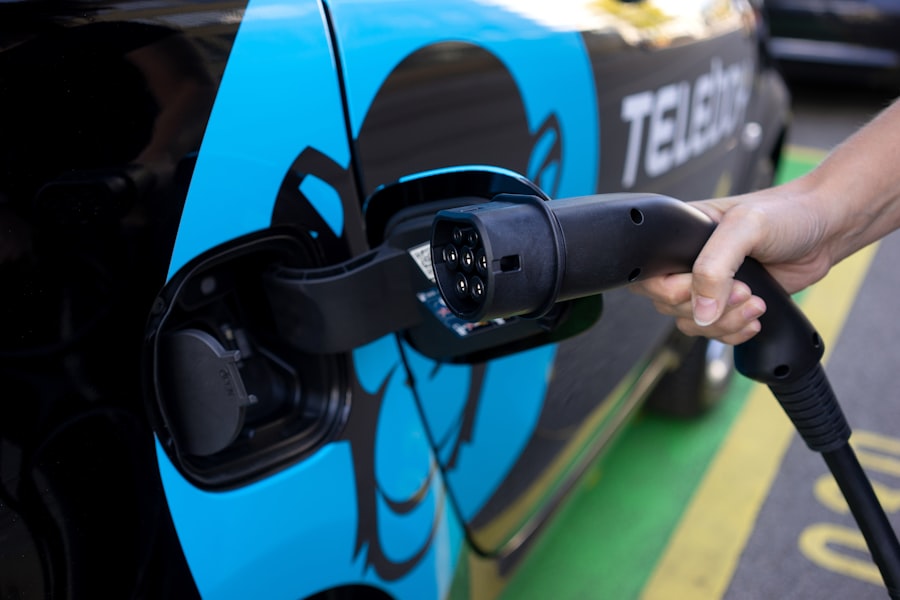
Weekly Roundup: Tim Hortons Shakeup, Financial Insecurity for Millennials, U.S.-China Trade War, and More
This article lists the seven top stories from the week, beginning with a shakeup at Tim Hortons. Other stories include a new report on millennials facing financial insecurity, a look at how Canada’s middle class is shrinking, and an update on the U.S.-China trade war. Other topics discussed are the latest news about Brexit, an update on global oil prices, and the growing popularity of plant-based diets. In summary, this article highlights some of the most important news stories from the past week related to business, economics, politics, and health/nutrition.
Financial Insecurity in the U.S.
Financial insecurity is a growing problem in the United States. According to a 2017 survey by the Federal Reserve, 40% of Americans could not cover an unexpected expense of $400 without selling something or borrowing money. This number has only grown since then, as wages have remained stagnant and the cost of living continues to rise. Financial insecurity can lead to extreme financial hardship, as well as mental and physical health problems. To combat this issue, many organizations are working hard to provide access to resources that can help people become financially secure.You might also like this article: Schweden ermöglicht den Bau neuer Atomkraftwerke. Picture source: Appolinary Kalashnikova







